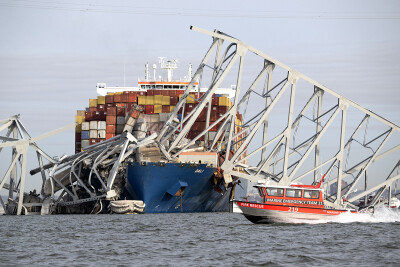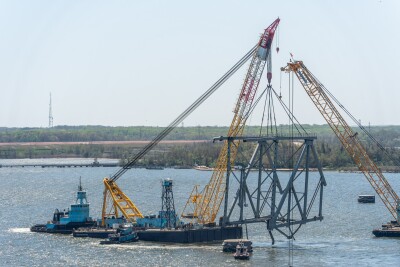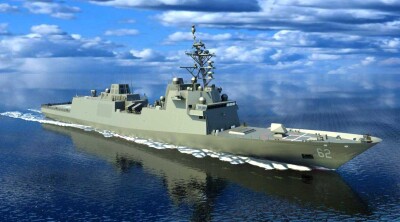Maintenance of marine assets is a necessity. Moreover, the way in which owners choose to handle these chores can bust a maintenance budget if ownership is not careful. When a maintenance manager tells the financial decision makers that a certain piece of equipment is ready to fail and no money is forthcoming to fix the problem, when it finally fails the cost will be more than the original price to fix it. That seems to be an elementary rule of thumb, yet some people find its execution difficult.
According to “The Professional’s Guide to Maintenance and Reliability Terminology”, planned maintenance is any activity related to a marine vessel “for which a pre-determined job procedure has been documented, for which all labor, permits, materials and equipment required to carry out the task have been estimated, and their availability assured before commencement of the task.”
“Companies need disciplined planned maintenance. Do things right the first time,” Tom Moriarty, president, Alidade Mer Inc., an engineering maintenance consulting firm, said at a session on maintenance engineering and reliability at the WorkBoat Maintenance & Repair Conference and Expo in New Orleans in April. “Do we have one engineer who does it one way and his relief does it his way?”
A vessel that is scheduled to enter a shipyard in June for maintenance and repair and does so would be an example of planned maintenance. “This includes changing out filters, maintenance of hydraulics or it could be many things,” said Moriarty.
Predictive maintenance is “an equipment maintenance strategy based on measuring the condition of equipment in order to assess whether it will fail during some future period, and then taking appropriate action to avoid the consequences of that failure.”
Moriarty said this strategy includes “any monitoring technique that can identify a defect in an operating system early enough to avoid consequences of failure,” he said. “Make sure you are interpreting the data the right way.”
Monitoring of equipment might find that a machine that is not supposed to fail yet is doing so anyway. “The monitoring system is showing that the bearings on the fire pump are eating themselves up. That has to be dealt with because the Coast Guard is not going to let the boat operate if the fire pump is out,” said Moriarity.





